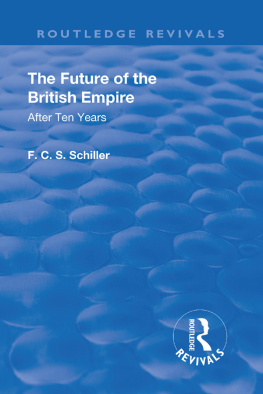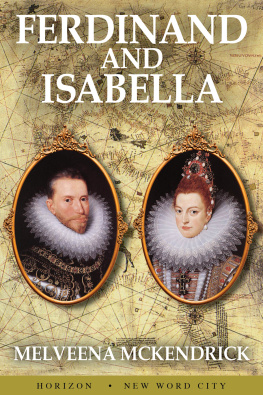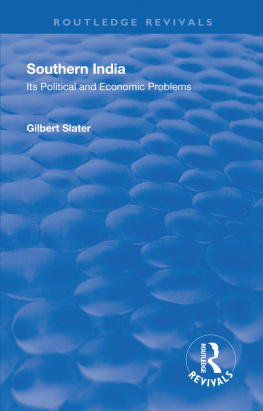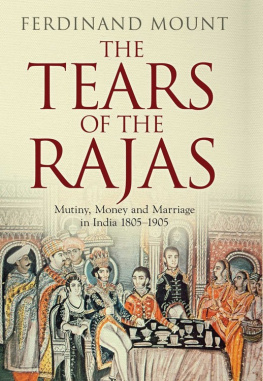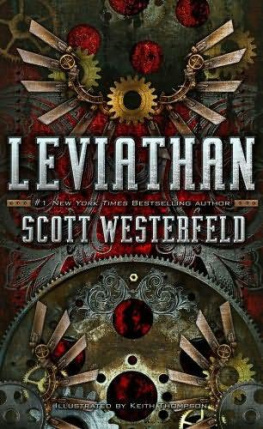A POLLO can hardly have foreseen all the consequences of endowing Cassandra with prophetic power. He can hardly have foreseen, for example, that the artful hussy would refuse to keep her part of the bargain, and would cheat him of his quid pro quo. And he may not have found it quite easy to dismiss from his mind all the unpleasant predictions which, no doubt, she proceeded to make about him such as that he should lose his popularity as a god, fall from his divine estate, and be turned into a butterfly.1
But there is no reason to think the condition he added to his gift when he found how he had been tricked, viz. that though all her prophecies should come true no one should believe her, was merely an expression of just indignation or divine spite. It was really a matter of necessity and of course. For it is, after all, a condition to be imposed on all prophets of evil, and unless they submit to it, they cannot prophesy truly. Apollo himself was in the same position with regard to his father Zeus. If he had not been content merely to foresee the consequences of the latters policy, but had rashly pointed them out, and been believed he would have interfered seriously with the course of events. He would have trenched on Zeuss prerogatives, and would have become the real director of his policy. For in that case, whenever the consequences Apollo foresaw were bad Zeus would have evaded them by altering his plans. And then, of course, the aforesaid consequences would not have come about. Apollo, therefore, though becoming an essential ingredient in Divine Providence, would have been a false prophet.
It is clear, therefore, that a prophet who values his reputation has a choice only between two alternatives. He must either be content to foresee and say nothing about it to anyone, cultivating his purely theoretic knowledge without a thought of intervening in the course of affairs, or in other words must adopt the ideal of the pure professor; or else, if he wishes to speak out and to have the satisfaction of saying I told you so! after the event, he must stipulate that his prophecies of ill shall not be prematurely credited. Thus he must put himself in the position of Cassandra. For should he be believed, his warnings may be acted on, and then will, almost certainly, alter the course of events which they tried to predict; and thus they will falsify themselves.
Such prophecy therefore would seem to involve a very pretty paradox. It will not do to pooh-pooh the prophet of evil. For to disbelieve him (and to act accordingly) is the surest way to justify him. He must be believed, or else the evils he foresees will come to pass. Thus his prophecies will be either true or useful, but not both. Prophecies which come true are never credible and quite useless, while prophecies which come false may be worthy of all credence and may prove extremely valuable. This throws a new light on the universal human practice of stoning true prophets and honouring the false. Cassandra has surely to be numbered among the early martyrs of science!
Nevertheless, prophets are not easy to discourage. Their profession is too fascinating, in both its branches. Its major branch, that of prophesying smooth things, is extremely popular and well remunerated, being conducive to influence, power and the highest honours. For the people is ever willing to be deceived, and values optimism as a virtue. But prophecy in a minor key also has abundant attractions. For whereas fortune-telling is still an indictable offence, mis-fortune-telling is not. So the prophet of ill has been with us from the beginning, and has usually received enough justification from the course of events to continue his competition with the optimist.
The followers of Cassandra naturally recruit themselves among the aged. These are psychologically prompted to think that the country is going to the dogs,1 because they are losing their grip on its affairs, and look back with regret on the good old times when

